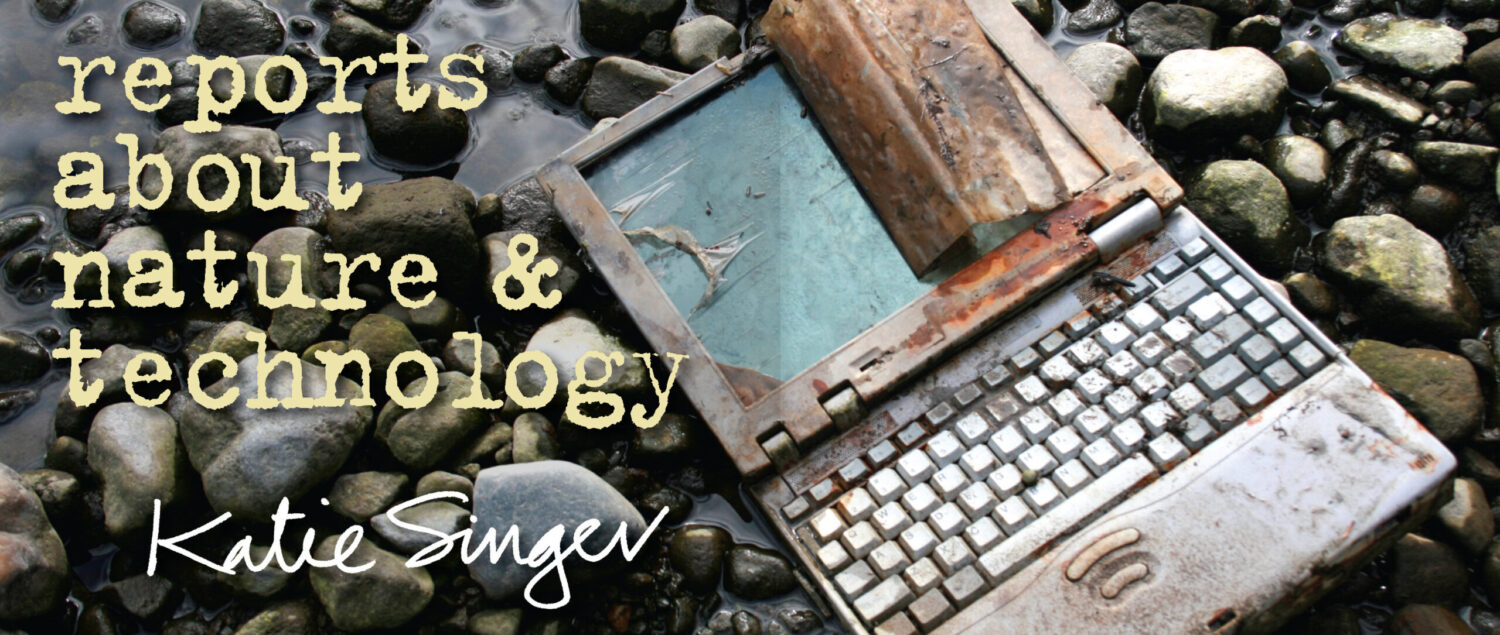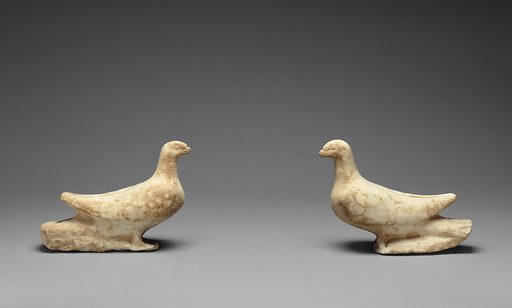Mapping Conflict, Calling on People Who Can Listen
by Katie Singer
I don’t know a dream that’s not been shattered.
I don’t have a friend that feels at ease.
—Paul Simon, “American Tune,” 1973
This is a Really short version of a 5000-year-old story.
After WWII, the European Jews who survived had no how-to manual for proceeding with their lives. They needed a place to call home. Perhaps to appease their non-action while Nazis exterminated six million Jews, the British (who’d colonized the land then called Palestine) and the newly established United Nations created Israel, a Jewish state, in 1948.
More than 750,000 Palestinians (a large proportion of whom were Christian), who’d shared that sliver of land with Jews for centuries—often peacefully—no longer had a home. Some set up refugee camps in countries like Jordan and Lebanon, which had scarce means for supporting so many refugees.
Meanwhile, Jews who had lost their families and survived concentration camps waited as long as ten years in German Displaced Persons camps for sponsors in the U.S., Canada and other countries. My American-born elders told me that by the time survivors arrived in the U.S., universities had finally begun accepting Jews; Jewish businesses were doing well. These new immigrants, however, “were so depressed—you couldn’t say anything nice to them.” It took my relatives decades to ask these new neighbors about their experience during the war.
In Hebrew school in the U.S., we who were born in the first and second generations after the Holocaust watched films made by Nazis of piled Jewish suitcases, shoes and skeletons. When the auditorium’s lights came on, our teachers—with Yiddish accents and tattooed arms—said that they wanted us to know what had happened. They didn’t want it to happen again. Many of our parents had survived concentration camps, but we didn’t necessarily know their stories. We children sat in numbed silence.
In Israel, conflicts festered.
In our teens and twenties, more than a handful of my close friends and a cousin committed suicide or were murdered. When I wondered if these early deaths were legacies of the Holocaust—some were the children of survivors—my relatives rolled their eyes.
In 1984, perhaps inspired by Helen Epstein’s 1978 book, Children of the Holocaust, survivors and their children held a conference in North America for the first time. Attendees realized that if someone told their story stoically, everyone’s breathing tightened. If the storyteller shared vulnerability, then tears flowed and breathing expanded.
Epstein’s book and this revelation about healing took nearly four decades to emerge.
To pause conflict; to move toward peace
When I talk with people about today’s war in Gaza and the West Bank, our voices rise. We insist that one side is right and the other side is wrong. Only when someone asks, “What happened to you? What is your story?” does the speaker slow down, connect to the other person—and peace becomes possible in one more conversation.
To pause conflicts (in Gaza; between people who advocate for solar power, industrial wind turbines, e-vehicles—and people who aim for Herman Daly’s idea not to take from the Earth faster than it can replenish or waste faster than it can absorb; between people with different identities or financial situations), who can ask questions? Who can listen?
I have much more to say. But maybe I should just listen.
I can recommend a November 3, 2023 conversation with Dr. Gabor Maté, a Holocaust survivor (who’s also an MD whose work addresses addiction and trauma). He spoke with people on Palestinian and Israeli sides about how to move toward healing.
KATIE SINGER writes about technology’s impacts on nature. She believes that if she’s not aware of the problem, then she can’t be part of the solution. She dreams that every user learns about the supply chain of one substance in their computer. Her books include An Electronic Silent Spring, Honoring Our Cycles and The Wholeness of a Broken Heart. Visit https://katiesinger.substack.com, https://OurWeb.tech and https://ElectronicSilentSpring.com.

